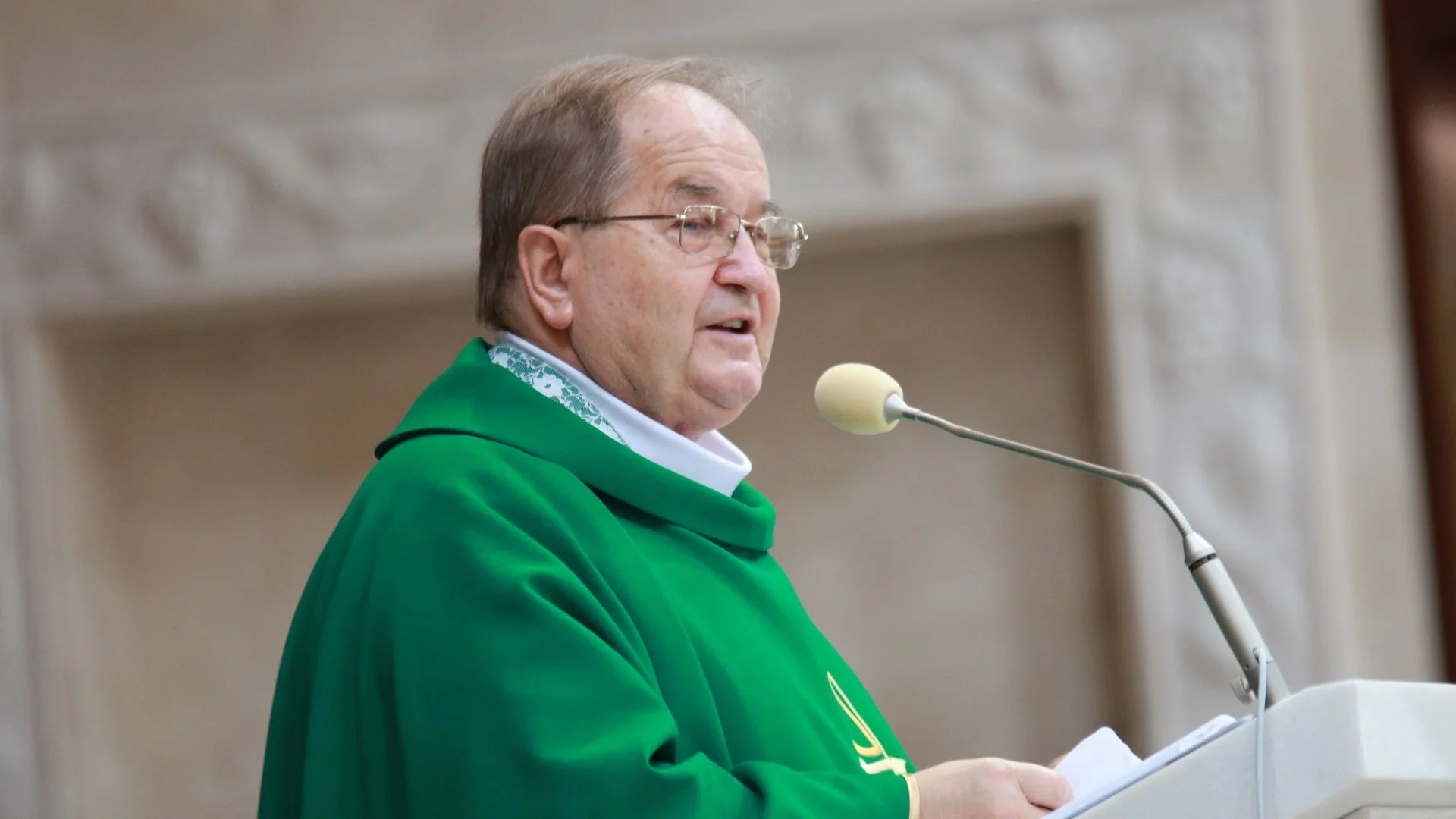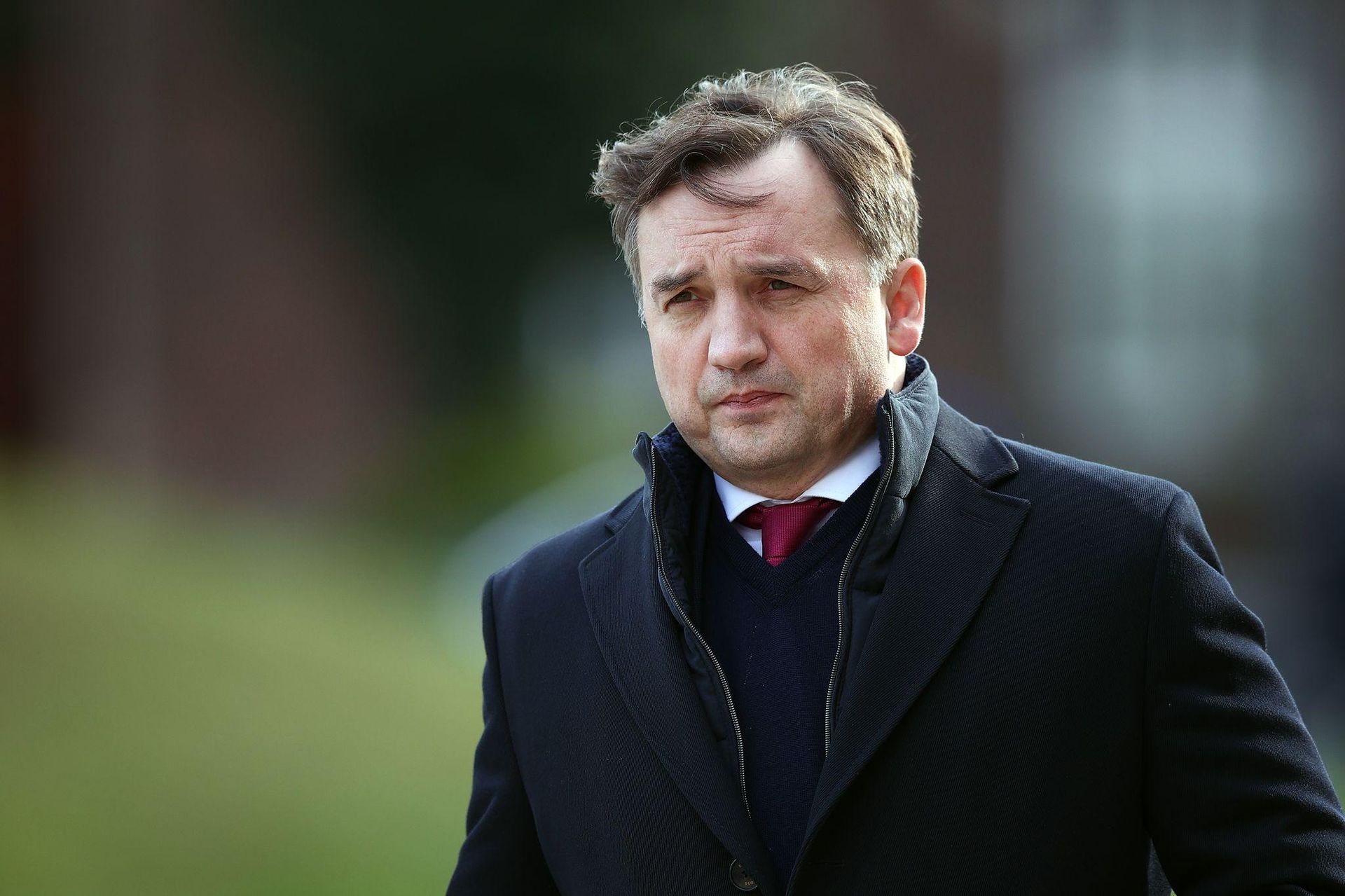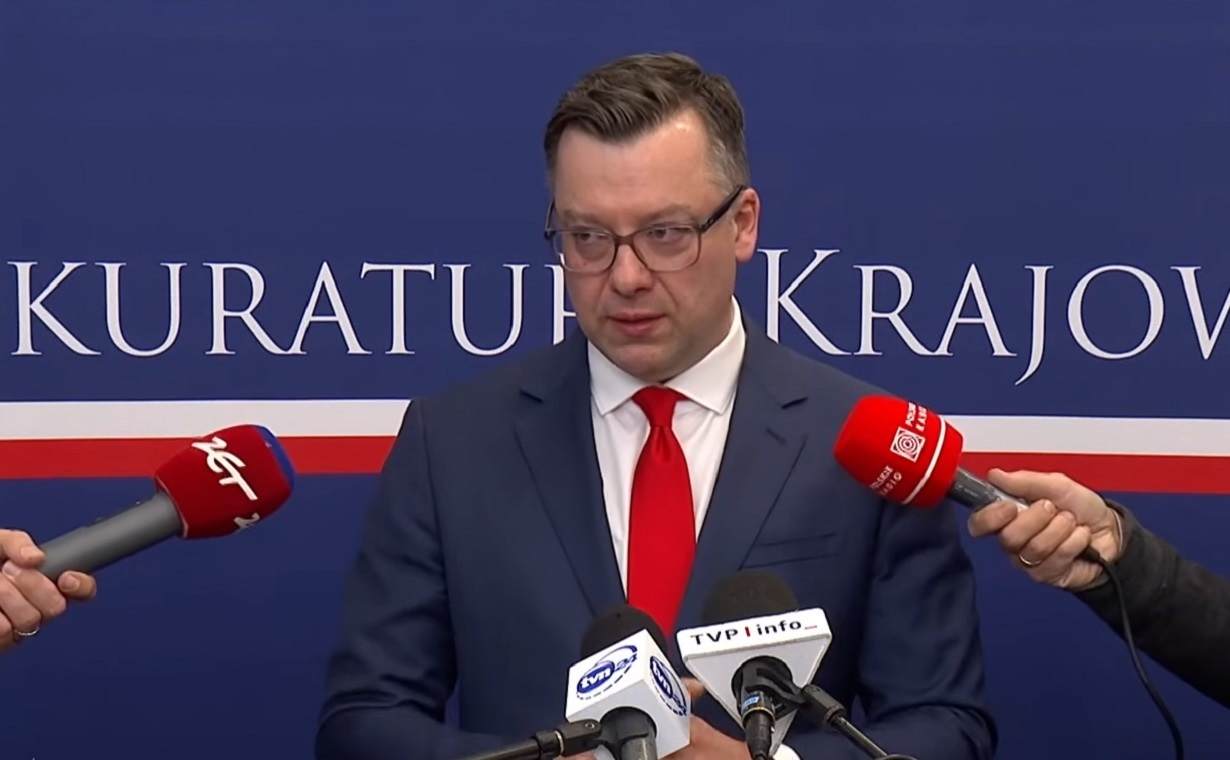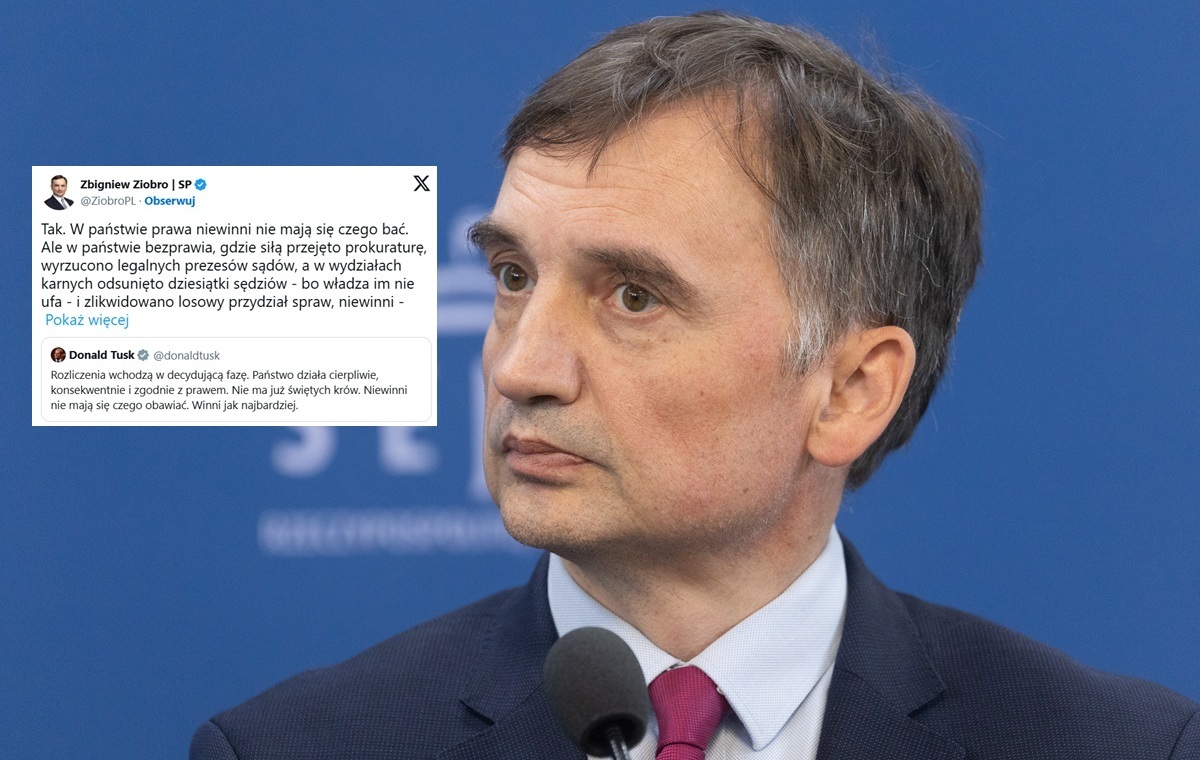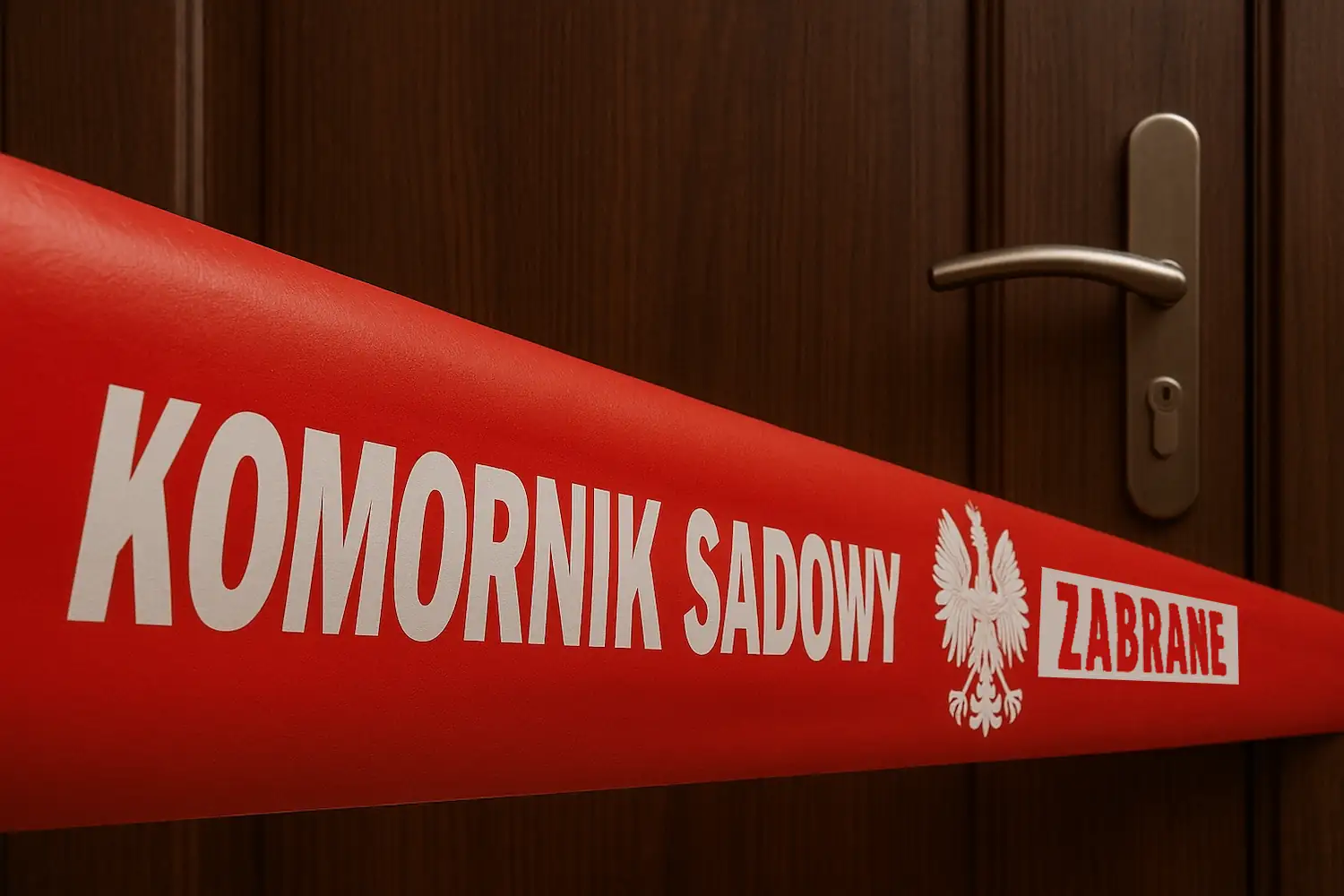This is the essence of a legal issue that came from the Chamber of Professional work of the ultimate Court. They were directed there in May by the Higher Discipline Court of Advocates, who dealt with the case of a counsellor accused of assisting in the fraud. Importantly, in March 2022 a female was legally convicted by a territory court.
However, the case has a continuation and has besides been brought before the barrister's disciplinary court. In the course of this investigation, a number of evidence was carried out, including a witness being questioned. It was the individual whose guilty lawyer was to facilitate the fraud.
However, the disciplinary court critically assessed the credibility of the evidence incriminating the female and acquitted her. He felt that she could not be attributed to a disciplinary offence, which was, however, identical to the crime for which she was previously convicted. Importantly, at the time of the court's disciplinary verdict, the conviction resulting from the ruling of the universal court had already disappeared.
Question to SN
However, the higher disciplinary court of the barrister to which the appeal was lodged did not yet settle the cases, but asked the SN a legal question in which he asked whether the barrister's disciplinary court was bound by a conviction for a criminal offence or a taxation offence, including in a situation where evidence was carried out in the course of the court proceedings, which was later assessed as credible, indicating the mistake of the conviction resulting from the judgement of the universal court.
In another words, a disciplinary court wants to know whether it is bound by a conviction handed down by a general court even if the evidence it has given shows that the suspect was wrongfully convicted.
Regulations do not prejudge
The grounds for this question indicate that no provision straight binds a disciplinary court with a conviction given by a general court. It was besides stressed that a different conclusion comes from the law on attorneys. According to Article 89(2) of that law, a disciplinary court is to decide the matters of law itself and to decide on the basis of a belief based on a free assessment of the full evidence, taking into account the facts which are both in favour and against the defendant.
In the case of the ultimate Court, the question was besides asked of the effect of denying the conviction on the disciplinary ruling. In the case law of the disciplinary courts and of the ultimate Courts, the view prevails that the suppression of the conviction does not in itself prevent recourse to the conviction of the universal court.
However, as has been pointed out, the question of detention is different in the case of re-driving alcohol or drugs. In fact, it is assumed that the suppression of conviction for erstwhile driving in a state of inebriation before issuing a final judgement prevents the conviction of the perpetrator for a repeat.
– As opposed to the constitutional rule of equality before the law, it seems to be expected that barristers' disciplinary courts will produce legal effects from the conviction of the universal court even after the conviction has been erased, in cases where common courts – even in the situations described above, concerning the impossibility of being convicted of an offence under Article 178a §4 of the KK (releasing after alcohol) – the consequences of such, to the defendants, could not produce," the disciplinary court argues.
As a result, the second asks the SN whether, in determining the facts and assessing the evidence, a disciplinary court may trust on a conviction given by a general court if the conviction has already been abrogated.
Different legal effects?
On the basis of this question, the disciplinary court pointed out that 1 of the requirements for entry on the list of lawyers is simply a certificate of non-criminality, which is issued after the conviction has been erased.
– The adoption of a view which would bind a disciplinary court with a conviction of the general court besides after the conviction was erased, and at the same time allowed the submission of an application for entry on the list of lawyers or barristers to a individual in a akin situation, makes 2 different authorities of the same professional self-government obliged to produce different legal effects from the fact that the conviction was abrogated – we read in the justification of the legal issue.
The ultimate Court has not yet set a deadline to answer this legal question. The rapporteur will be justice Marek Siwek.
File number: II ZZP 1/25

